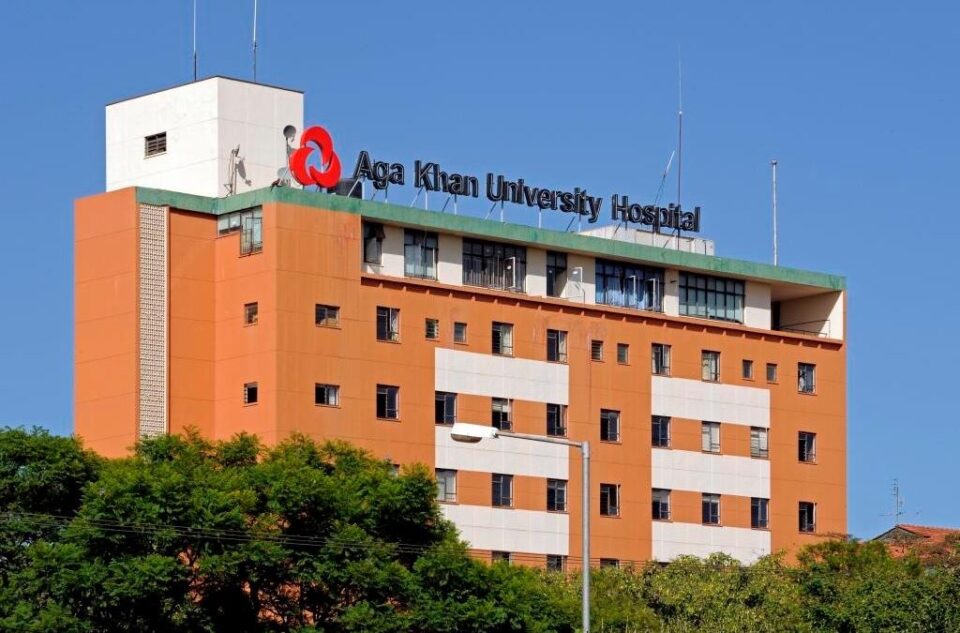The Aga Khan Hospital has been accused of being the hospital behind viral media stories attacking the Kenya Medical Supplies Agency (KEMSA).
According to documents in our possession and insider sources, the Aga Khan Hospital was the one whose bid to supply personal protective equipment (PPEs) was rejected in March.
In their tender documents presented to KEMSA, Aga Khan was selling a box of surgical gloves for Ksh4,950. An impervious gown would have gone for Ksh12,100 if KEMSA gave Aga Khan the tender, against the prevailing prices of Ksh4,900.
A box of surgical masks was priced at Ksh9,500.
Upon scrutiny and comparison of prices with other vendors, KEMSA found that the prices quoted by Aga Khan were too high as compared to the prevailing market prices, hence rejected the quotation in a letter dated February 20, 2020.
“This is to notify you that pursuant to the Public Procurement & Asset Disposal Ad 2015, section 103(3), KEMSA would like to inform you that your quotation was unsuccessful because it was not the lowest quotation nor offered the most effective terms of minimum order quantities as well as delivery terms of the PPEs,” the rejection letter read in part.
“The supply has therefore been awarded to other suppliers with lower prices, shorter delivery period, favorable payment terms, and favorable minimum order quantities.”
During the investigative piece that ran last night at NTV, Dennis Okari protected the identity of a ‘senior’ manager from Aga Khan he interviewed, claiming that the “matter was still under investigation”.
In journalism, investigations are independent and are aimed at laying bare the truth. The decision to hide identity is in most cases for security reasons for the interviewees and is not pegged on ongoing investigations being done by other agencies. A journalist is only restricted from preempting evidence of an ongoing case, which could amount to prejudice and contempt.
Also, Okari’s primary source was a questionable character, one Gordwins Agutu, who was in 2017 arrested in connection to fraud.
A keen eye in journalists would identify several sweeping statements, that were not backed up by any substantial evidence apart from the single questionable source.
In such a story, it is important that there are no gaps left, such as insinuating that consignments were transported by road to Tanzania, without telling the audience who did it, and the number plates of vehicles involved.
Another paramount feature of such a story is the right of reply, which was prominently missing in Okari’s story. Without a right of reply, such journalism cannot be referred to as fair journalism.
It is mostly used to whip emotions and turn public anger against a certain party, which in this case KEMSA was the victim.
There's no story that cannot be told. We cover the stories that others don't want to be told, we bring you all the news you need. If you have tips, exposes or any story you need to be told bluntly and all queries write to us [email protected] also find us on Telegram

